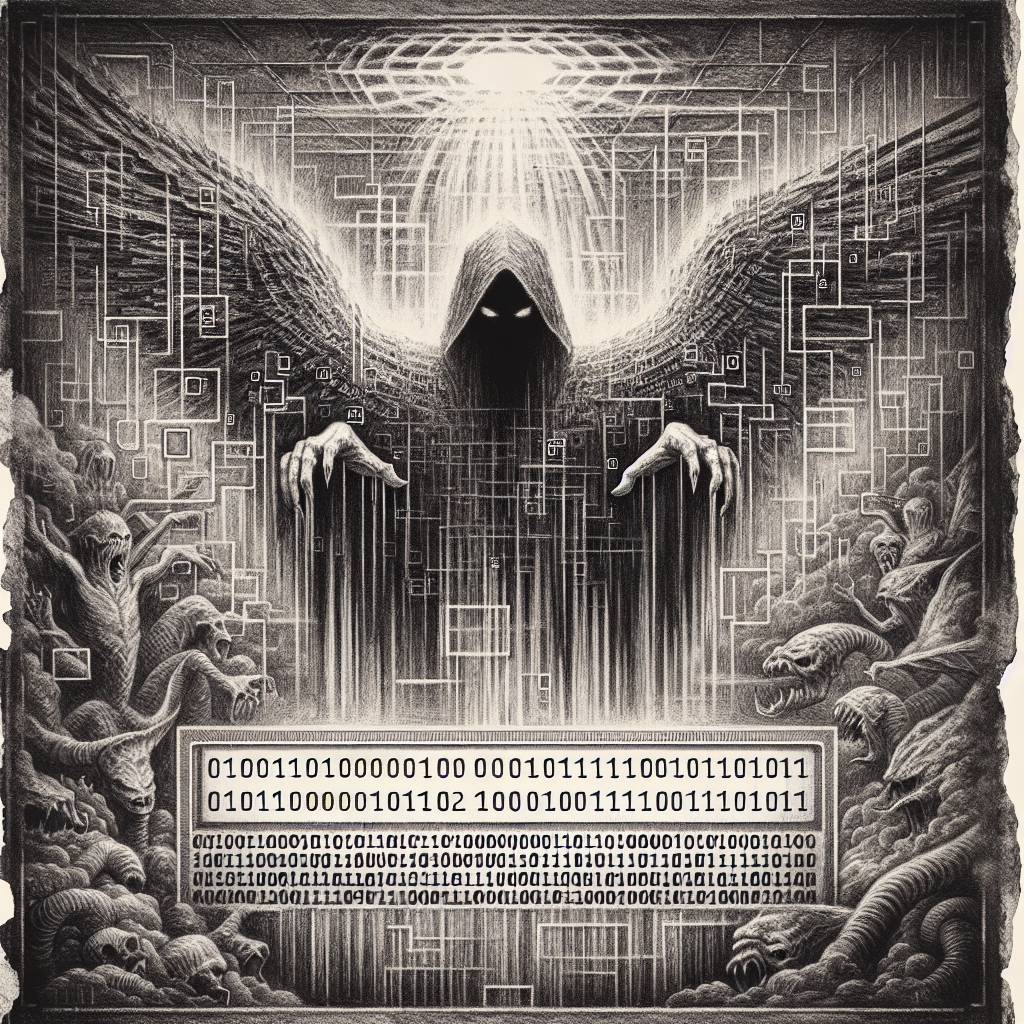CAPTCHA Catastrophe: Malware Masquerades as Verification, Steals Data Worldwide
Cybersecurity researchers have discovered a global malware campaign using fake CAPTCHA checks to deliver the Lumma information stealer. Victims are tricked into running commands to download the malware, bypassing browser defenses. The campaign targets multiple industries and uses sophisticated techniques, making detection complex. Even Reddit and WeTransfer have been impersonated to spread Lumma.

Hot Take:
Forget about clicking those annoying CAPTCHA boxes; now we have to worry about malware asking us to solve puzzles to steal our data! The Lumma malware campaign is the Houdini of cyber threats, using fake CAPTCHAs to perform a disappearing act with your information. It seems hackers have taken their love for puzzles to a whole new level, turning your cybersecurity into a riddle wrapped in an enigma!
Key Points:
- Lumma malware uses fake CAPTCHA pages to trick users into executing harmful commands.
- The campaign is global, affecting multiple industries, with telecom being the most targeted.
- Attackers utilize the mshta.exe binary and PowerShell scripts to bypass browser defenses.
- Lumma uses a malware-as-a-service model, making it difficult to detect and block.
- Phishing-as-a-service tools are evolving with advanced features to evade security checks.
